The judgment clarifies that election petitions should not be dismissed for minor technical errors, as long as curative remedies are possible. Overemphasis on technical compliance can result in the dismissal of meritorious petitions, while ignoring procedural requirements can compromise fairness.
On August 22, 2025, a two-judge bench, comprising Justice Surya Kant and Justice Joymalya Bagchi, delivered a judgment applying the form versus substance doctrine in the election law of India. The Court’s remand in Tankadhar Tripathy v. Dipali Das mandates disciplined, fact-driven procedural gatekeeping by tribunals, with the twin goals of preserving electoral integrity and protecting fair access to justice.
The dispute arose from the Jharsuguda assembly constituency in Odisha, where polling was held on 20 May 2024. Tankadhar Triparthy was declared elected by a margin of 1,333 votes over Dipali Das. The latter challenged the result in the Orissa High Court, alleging corrupt practices under Section 123 of the Representation of the People Act, 1951. She cited suppression of assets and liabilities, concealment of criminal antecedents, and discrepancies in the EVM/control unit number, allegedly impacting around 6,000 votes and affecting the outcome.
In response, Tripathy countered Das’s allegations not by immediately addressing the charges of corrupt practices, but by pointing to procedural defects in her election petition. Under election law, every petition alleging corrupt practices must be accompanied by a duly sworn Form 25 affidavit, verified in a specific manner. Das’s petition, according to Tripathy, failed to meet these requirements.
The Orissa High Court, instead of dismissing the petition outright, allowed Das three weeks to fix these defects by filing a corrected Form 25 affidavit, thus effectively keeping her challenge alive. Tripathy objected to this latitude, arguing that such procedural lapses went to the root of maintainability and should have led to immediate dismissal. He then approached the Supreme Court, questioning whether the High Court could allow corrections after the deadline, or if the defects made the petition invalid from the start.
Also Read: Supreme Court Strikes Down Army’s Gender-Biased JAG Policy: A Win for Merit and Equality
The core issue before the Supreme Court was whether the non-compliance with the provision of Section 83(1)(c) of the Representation of the People Act, 1951, warranted outright rejection of the petition or whether the substantial compliance could be remedied, allowing the petition to continue.
Reviewing past precedents, such as Ravinder Singh v. Janmeja Singh, which mandated strict compliance with Form 25, and the three-judge bench ruling in G.M. Siddeshwar v. Prasanna Kumar, which recognized the doctrine of substantial compliance, the Court emphasized that procedural defects should be scrutinized, with opportunities for rectification before the trial begins.
The SC flagged procedural gaps in the Orissa High Court’s order. The order lacked a clear, fact-based analysis on the following: i. Pre-admission scrutiny under the High Court Rules, ii. Defects in the affidavit, and iii. Analysis of what amounted to ‘substantial compliance’ on record.
Accordingly, the Supreme Court remitted the matter to the High Court, with directions to:
I. Identify and enumerate any defects in the Form 25 affidavit and check whether the contents match the purpose of Form 25.
II. Examine if the affidavit meets the essential requirements of substantial compliance, and decide whether a corrected or supplementary affidavit must be filed within the legal time limit, or if a delay in filing can be excused.
III. Verify whether the Election Tribunal followed the pre-requisite procedure to do the scrutiny within the time period under its rules.
IV. Bring in the deletions of certain pleadings, if the parties agree, room for consequential amendments, and then frame issues for trial proceedings based on merit.
Thus, the judgment clarifies that election petitions should not be dismissed for minor technical errors, as long as curative remedies are possible. Also, the judgment reinforces procedural safeguards, thus preserving both access to remedy, where substantive wrongs are plausibly alleged, and finality for returned candidates.
Also Read: Supreme Court on Extra-Judicial Confessions and Forensic Gaps: Neelam Kumari Case Explained
In practice, election petitions often face significant delays, sometimes lasting until the end of the term or even beyond. This happens despite Section 86(7) of the Representation of the People Act, 1951, which requires that election petitions be concluded within six months from the date of notification. Notably, around 130 election petitions were filed in both 2009 and 2019, with an average of more than 60 petitions per Lok Sabha election, highlighting the gap between the statutory timeline and reality.
In light of this judgment, the following legal reforms can be brought in:
- Amendment in the Representation of the People Act, 1951: Clearly stating whether the Form-25 defects are curable, and if so, a stipulated timeline and procedure for the same.
- Digitized e-filling: An online e-filling mechanism to check the Form-25 thoroughly to reduce technical gaps and speed up resolution.
- Time-bound curing: Implement a time-bound curing of the defects once they are notified to the petitioners. Moreover, a judicial condonation can be provided only in exceptional conditions. It will ensure that the real complaints are not extinguished by virtue of technical defects.
- Uniform scrutiny procedure: The registries of the High Court should follow a standardized protocol for scrutiny in recording reasons for rejection or acceptance, before taking in the election petitions. It will reduce the litigation cost and strengthen the confidence of the citizens in electoral adjudication.
In election litigation, there is often a tension between form and substance. Overemphasis on technical compliance can result in the dismissal of meritorious petitions, while ignoring procedural requirements can compromise fairness. This ruling provides a clear framework for the lower courts to reduce the inconsistent outcomes. It showcases how reasoned remand as a judicial instrument must work in tandem with administrative instruments, such as the scrutiny of the registries, to come up with coherent outcomes. By requiring careful, fact-based decisions, it promises citizens judgments that are deliberate rather than ad hoc, fostering predictability and stability in electoral jurisprudence.
As electoral disputes continue to evolve, such judicial clarifications are essential to safeguard democratic fairness. This judgment not only reinforces procedural rigor but also affirms that the heart of the law lies in delivering justice that is both principled and practical—ensuring that the will of the people, and the integrity of their vote, are never compromised.
Anshal Telang is an intern under TRIP
Mentored and Edited by Sneha Yadav
References
Tankadhar Tripathy v. Dipali Das, Supreme Court of India, Civil Appellate Jurisdiction, Special Leave to Appeal © No. 12491/2025.
https://api.sci.gov.in/supremecourt/2025/21416/21416_2025_2_1503_63532_Judgement_22-Aug-2025.pdf
Muthyanolla, S. (2024). Association for Democratic Reforms.
Ganjapure, V. (2025). SC Orders Maha to Hold Long-Pending Local Body Polls in 4 Months. The Times of India.
Shankar, B. (2025). Election Commission mounts pressure on govt to clear decks for panchayat polls. The Times of India.
D. Sanjeevayya Vs. Election Tribunal Andhra Pradesh & ORS., Supreme Court of India, 1967 AIR 1211.
https://api.sci.gov.in/jonew/judis/2475.pdf

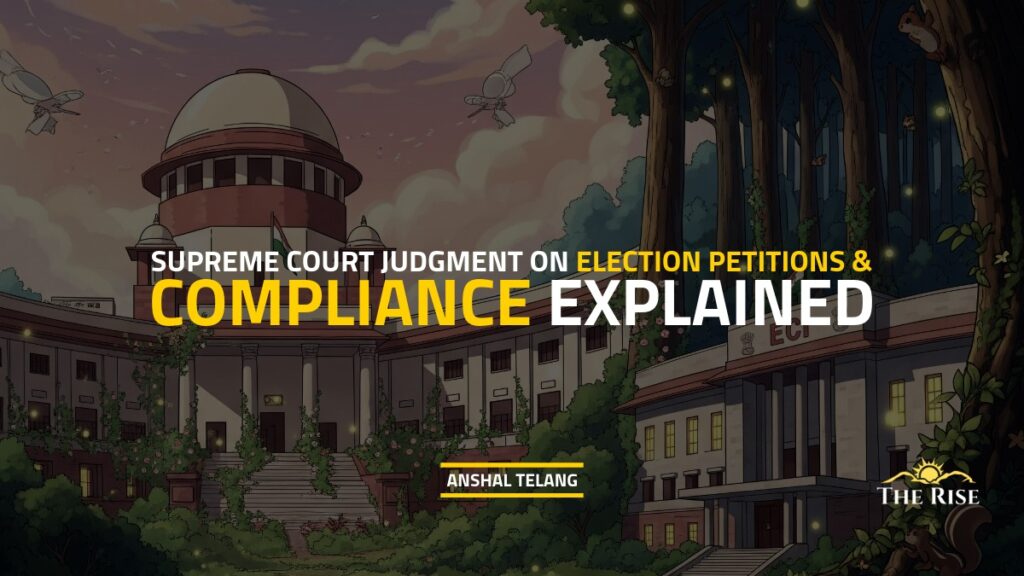


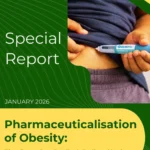






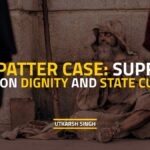




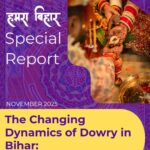


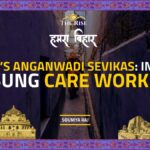

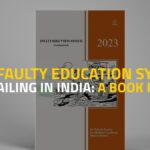
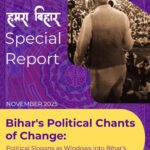

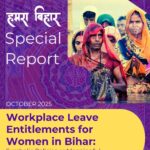


























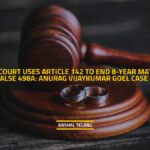




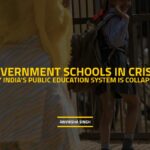



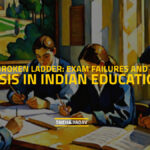




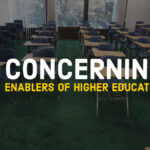
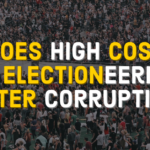

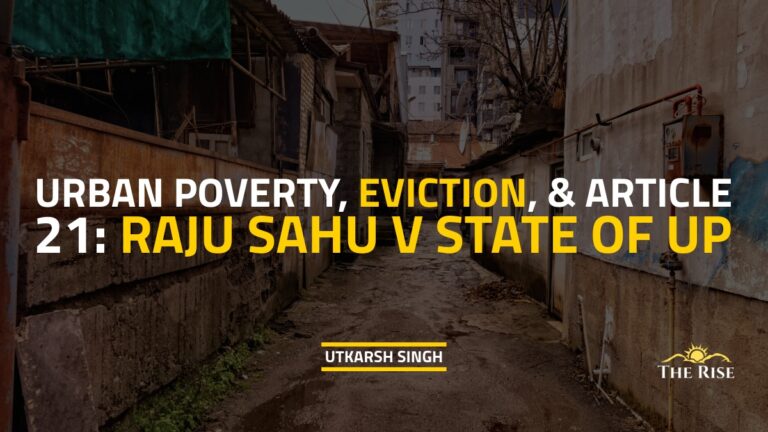


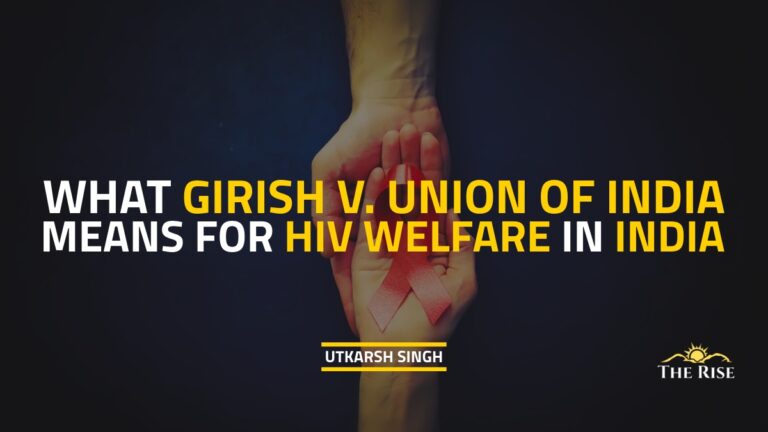
This article provides a clear and insightful analysis of the Supreme Courts recent ruling on election petitions. The judgment emphasizes procedural fairness and offers a balanced perspective on technical errors versus substantive rights. Its a valuable read for anyone interested in electoral law and democratic processes.